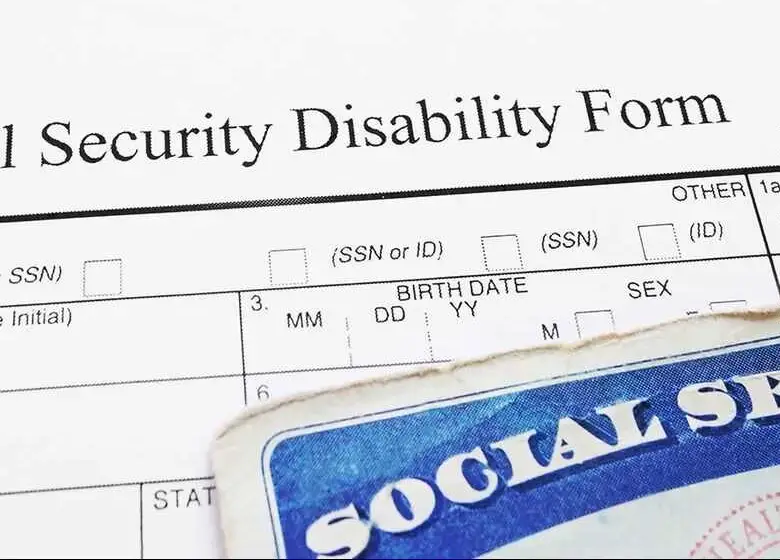
How to Prove Carpal Tunnel Syndrome for Disability Benefits
Securing disability benefits for carpal tunnel syndrome can be challenging, but with the right approach and evidence, it’s possible to build a strong case. As disability attorneys, we’ve helped many clients prove their carpal tunnel syndrome qualifies for benefits.
Here’s what you need to know about proving your condition to the Social Security Administration (SSA).
Medical Evidence: The Foundation of Your Claim
The SSA requires solid medical evidence to approve a disability claim for carpal tunnel syndrome.
Key medical documentation includes:
- Diagnosis from a qualified medical professional
- Results of nerve conduction studies and electromyography (EMG) tests
- Detailed treatment records, including medications and therapies
- Surgical records, if you’ve had carpal tunnel release surgery
Make sure your medical records clearly show:
- The severity of your symptoms
- How long you’ve been experiencing symptoms
- How your condition limits your ability to work
Objective Tests Matter
Nerve conduction studies and EMG tests are particularly important. These tests provide objective evidence of nerve damage and muscle weakness, which are harder for the SSA to dismiss than subjective reports of pain or numbness.
Document Your Limitations
Beyond medical tests, it’s crucial to show how carpal tunnel syndrome affects your daily life and work abilities.
Keep a detailed log of:
- Tasks you struggle with or can’t perform due to your condition
- How often you experience pain, numbness, or weakness
- Any adaptations you’ve made to cope with your symptoms
This information helps paint a clear picture of your limitations for the SSA.
Work History and Job Requirements
Provide a thorough work history, focusing on:
- The physical demands of your past jobs
- How your carpal tunnel syndrome interferes with these tasks
- Any accommodations you’ve requested or received at work
If you’ve had to change jobs or reduce your hours due to carpal tunnel syndrome, make sure to document this.
Consistency is Key
Ensure your reported symptoms and limitations are consistent across all your documentation and statements. Inconsistencies can raise red flags for the SSA.
Follow Prescribed Treatments
The SSA expects you to follow prescribed treatments unless you have a good reason not to.
Make sure you:
- Attend all medical appointments
- Take medications as prescribed
- Participate in recommended therapies
- Use any prescribed assistive devices
If a treatment doesn’t work or causes side effects, document this and discuss it with your doctor.

Carpal Tunnel Preventing You From Working?
Contact us now for a free, no obligation consultation. We’ll assess your case, help you understand your situation and explain your options.
Get Support from Your Doctor
A supportive statement from your treating physician can significantly strengthen your case.
Ask your doctor to provide a detailed report on:
- Your diagnosis and prognosis
- The effectiveness of treatments you’ve tried
- Your specific functional limitations
- How your condition affects your ability to work
Third-Party Statements
Statements from people who know you well can provide additional support.
Consider getting statements from:
- Family members or friends who’ve observed your struggles
- Former coworkers or supervisors who can attest to your work limitations
- Occupational therapists who’ve worked with you
These statements should focus on specific examples of how carpal tunnel syndrome affects your daily activities and work abilities.
Be Prepared for a Consultative Exam
The SSA might request a consultative exam with one of their doctors.
If this happens:
- Attend the exam
- Be honest about your symptoms and limitations
- Bring any assistive devices you normally use
Remember, this doctor doesn’t determine whether you get benefits, but their report will be considered along with your other evidence.
Consider Legal Representation
Proving your medical condition for disability benefits can be complex.
An attorney can help you:
- Gather and organize the right evidence
- Ensure your application is complete and compelling
- Represent you in carpal tunnel syndrome SSDI claim appeals if necessary
Many people find that having legal help increases their chances of approval, especially if their initial claim is denied.
Don’t Give Up
If your initial claim is denied, remember that many people succeed on appeal. The key is to keep gathering evidence and following your treatment plan.
Proving carpal tunnel syndrome for disability benefits takes time and effort, but it’s possible.
With thorough documentation, consistent medical care, and possibly legal support, you can build a strong case for the benefits you need.

Carpal Tunnel Syndrome and Social Security Disability Benefits
About benefits and payouts, what can you expect.

Starting Your Carpal Tunnel Syndrome Disability Appeal
Your claim was denied, what are your options to still get the benefits you deserve?

Hiring a Carpal Tunnel Syndrome Lawyer
Find out more why evidence and documentation is extremely important for your claim.







